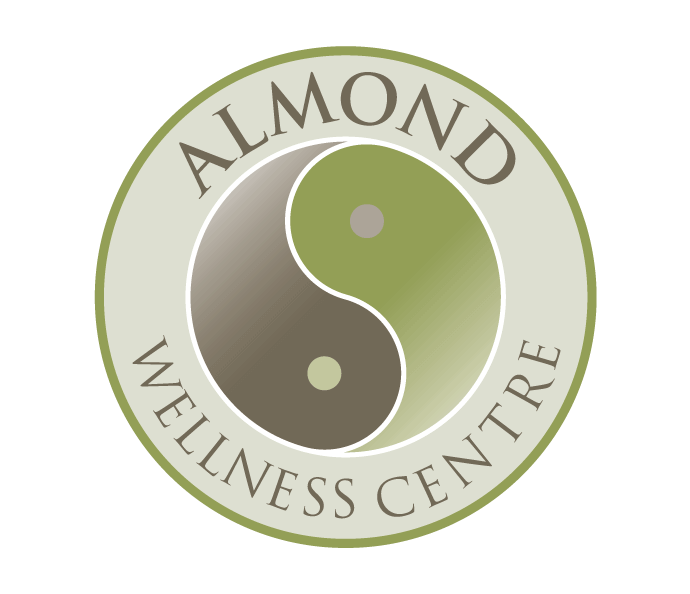The Connection Between Sleep, Melatonin, acupuncture Chinese medicine and Fertility
Sleep plays a crucial role in our overall well-being, and recent research has shed light on its importance in the context of fertility. Studies have shown that women who experience better sleep patterns may have an increased chance of conceiving, particularly through in vitro fertilisation (IVF). One key factor that contributes to restful sleep is the hormone melatonin. In here we will explore the relationship between a good night’s sleep, melatonin, and fertility, and also delve into how acupuncture and Chinese herbal medicine can further aid in promoting restorative sleep.
Table of Centents
Understanding Melatonin and Its Sleep-Inducing Benefits
Melatonin is a naturally occurring hormone produced by the pineal gland in humans. Its primary role is to regulate the sleep-wake cycle and promote a state of drowsiness. The hormone’s secretion is influenced by natural light exposure, with production increasing in response to darkness and decreasing when exposed to light. Beyond its role in sleep regulation, melatonin also acts as a potent antioxidant, helping to repair cellular damage caused by stress and oxidation.
Melatonin’s Impact on Fertility
Recent research presented at the World Congress of Fertility and Sterility and published in the Journal of Pineal Research has revealed the link between melatonin and fertility. Women who were given melatonin showed promising results, with significantly increased melatonin concentrations in their follicles and decreased concentrations of the damaging compound 8-OhdG. Consequently, the melatonin group had a higher success rate of 50% for successful transfer of follicles into the womb, compared to 22.8% in the control group. Furthermore, pregnancy rates in the melatonin group were 19%, compared to 10.2% in the control group.
Naturally Boosting Melatonin Levels
If you’re looking to improve your chances of conception and overall sleep quality through increased melatonin levels, there are several natural approaches you can consider:
- Establish a Consistent Sleep Schedule: Going to bed early and waking up early can significantly improve your sleep quality. Aim to go to bed at 10 pm for at least four nights a week, and gradually adjust your bedtime if you are used to sleeping later.
- Embrace Morning Sunlight: Exposing yourself to natural sunlight in the morning helps inhibit melatonin production, signalling to your body that it’s time to wake up. Engaging in activities like yoga or tai chi during this time can further enhance your overall well-being.
- Include Melatonin-Rich Foods: Certain foods contain naturally occurring melatonin, such as green vegetables, fish, turkey, whole grains, lentils, and bananas. Incorporating these foods into your diet may help support melatonin production.
- Reduce Stress: High-stress levels can disrupt sleep patterns and melatonin production. Practicing relaxation techniques, mindfulness, and meditation can be beneficial in reducing stress.
- Limit Light Exposure at Night: Minimise exposure to artificial light at night, including electronic devices like phones and laptops. Avoid turning on lights when using the bathroom during the night to prevent interference with melatonin production.
Acupuncture & Chinese Herbal Medicine for Sleep
In addition to these lifestyle changes, traditional Chinese medicine offers effective methods to improve sleep quality. Acupuncture, an ancient practice involving the insertion of thin needles into specific points on the body, has been shown to help regulate the sleep-wake cycle and promote relaxation. It can also address underlying imbalances that may contribute to sleep disturbances.
Chinese herbal medicine, with its rich history of promoting overall well-being, includes various herbs known for their calming and sleep-inducing properties. Combining acupuncture with Chinese herbal medicine can create a synergistic effect, helping individuals experience more restful and rejuvenating sleep.
Conclusion
A good night’s sleep is not only essential for our daily functioning but can also play a vital role in fertility. Melatonin, the hormone responsible for regulating our sleep-wake cycle, has been found to positively impact fertility outcomes, particularly in IVF treatments. By adopting natural methods to boost melatonin levels and incorporating practices such as acupuncture and Chinese herbal medicine, individuals can further enhance their sleep quality and overall well-being. If you are experiencing persistent sleep issues, consider consulting a healthcare professional or an acupuncturist experienced in treating sleep disorders to explore personalised solutions and embark on a path to better sleep and improved fertility.
References
- Vickets (2010) Melatonin could improve women”s IVF success, found at http://www.ivf.net/ivf/melatonin-could-improve-women-s-ivf-success-o5387.html, sited 3/9/12
- B Best (2012) Melatonin, http://www.benbest.com/nutrceut/melatonin.html, sited 3/9/12
- A Hunter (2012) How to increase your natural melatonin production, http://www.livestrong.com/article/510836-how-to-increase-your-natural-melatonin-production, sited 3/9/12
